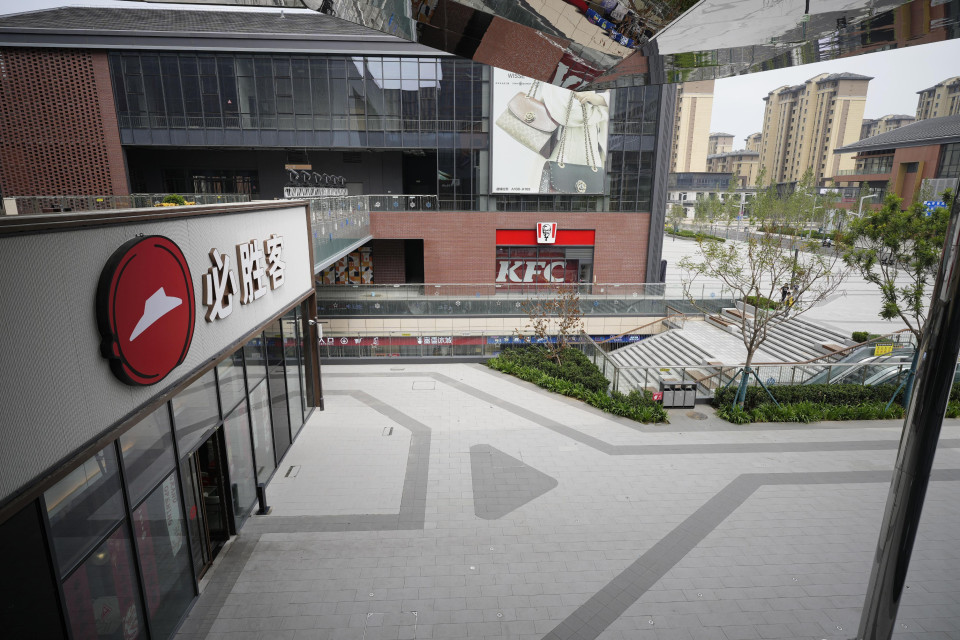China's ruling Communist Party vowed on Thursday to deepen reforms amid challenges, including a prolonged property sector crisis, and approved former Foreign Minister Qin Gang's resignation from its top body during a key four-day meeting on long-term economic policies, state-run media reported.
The third plenary session of the 20th Central Committee, which brought together about 200 top party officials and 170 alternate members, adopted a resolution to advance "Chinese modernization," a development model different from that of Western nations, during the closed-door meeting, according to the official Xinhua News Agency.
Along with Qin, who was removed from his ministerial post in July last year without any official explanation, the session confirmed an earlier decision by the Political Bureau, the party's top decision-making body, to expel former Defense Minister Li Shangfu.
In June, the Communist Party announced the expulsion of Li and his predecessor, Wei Fenghe, for serious disciplinary and law violations related to corruption. The move is believed to align with leader Xi Jinping's anti-corruption drive, which aims to further solidify his power base.
A communique released after the conclave said China will build a "high-standard socialist market economy" by 2035. It called for reforms of the fiscal, taxation and financial systems and vowed to implement measures to prevent and mitigate risks in key areas, including real estate and local government debts.
The document also highlighted Beijing's emphasis on safeguarding national security, causing concern among foreign businesses operating in China, with the Asian country strengthening counterespionage and other efforts to that end.
The communique said national security "provides a pivotal foundation for ensuring steady and continued progress in Chinese modernization," the concept first advocated by Xi during a twice-a-decade party congress held in October 2022.
The paper stated China "must ensure both development and security" and "remain committed to the basic state policy of opening to the outside world."

On the role of the market, the communique said China has to "better leverage" it to foster "a fairer and more dynamic market environment" and make resource allocation "as efficient and productive as possible." The party said Beijing will lift restrictions on the market and ensure effective regulations.
The expressions compared with the party decision at a third plenum of the 18th Central Committee in 2013 that said China will advance reforms to ensure that the market plays a "decisive" role in allocating resources.
The reform tasks laid out in the resolution will be completed by 2029, when Communist-led China will celebrate its 80th founding anniversary, the document added.
Historically, the third plenum has served as a springboard for major changes in China's development policies, including the adoption of the reform and opening-up policy in 1978 and the easing of the country's one-child policy in 2013.
In a commentary moved on the first day of the plenum, Xinhua described Xi as "another outstanding reformer in the country after Deng Xiaoping," who launched the reform and opening-up policy.
The Communist Party typically holds seven plenums over a five-year cycle. The third plenary session had been widely expected to be held last fall and the apparent delay has sparked speculation about difficulties in formulating policies to cope with the country's economic challenges.
Related coverage:
China's Communist Party begins key meeting on deepening reforms
Xi, Putin reaffirm unity in countering U.S. at Kazakh summit
China's nuclear arsenal reached 500 warheads in 2024, think tank says











